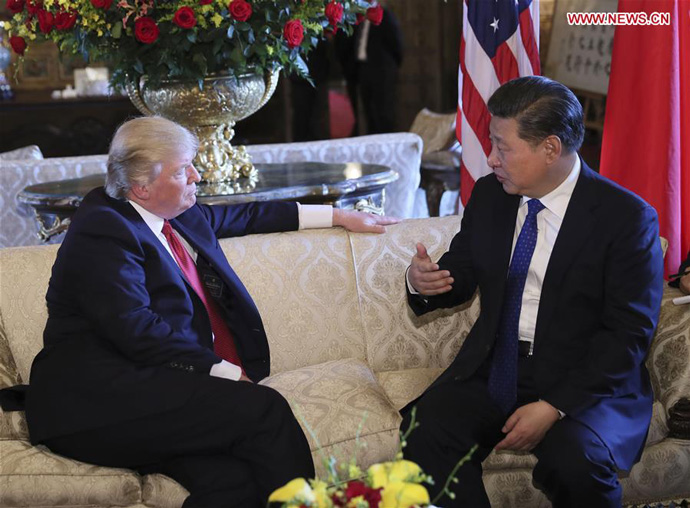
Zhang Monan, Deputy Director of Institute of American and European Studies, CCIEE
May 18, 2018
China and the US are an important part of the global economy. China and the US can cooperate, but great effort and time will be needed for negotiations.
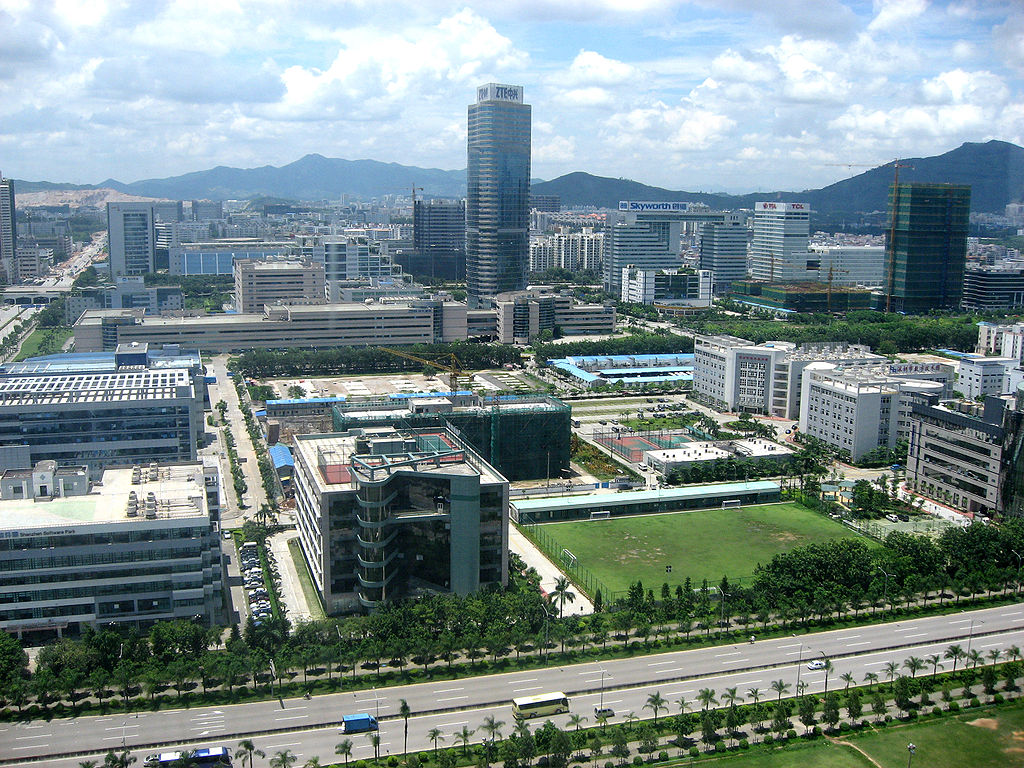
Xianbo Wu, MA Candidate, New York University
May 18, 2018
The ZTE crisis has shocked China by revealing its vulnerability to foreign countries in advanced technologies. Even though the U.S. is fully justified to punish a Chinese company for violating the rules, it should take into account that if it is perceived as exploiting China's dependence, it could face further difficulties in making progress in other fields, such as reducing China's market barriers.
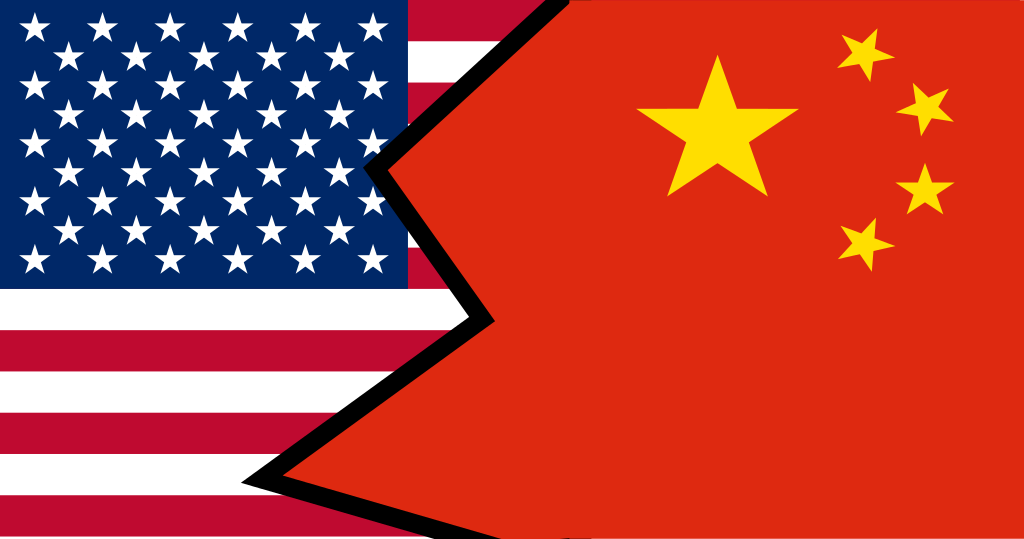
Dominic Ng, Chairman and Chief Executive Officer of East West Bank
May 16, 2018
How China and the U.S. can strike a new deal.

James H. Nolt, Adjunct Professor at New York University
May 16, 2018
We are currently headed into an unprecedented crisis in the world trading system that is not simply rooted in bad laws, weak institutions, reckless leaders or rogue nations; it is rooted in wrongheaded theories. The looming U.S.-China trade war is one of the real consequences of this.
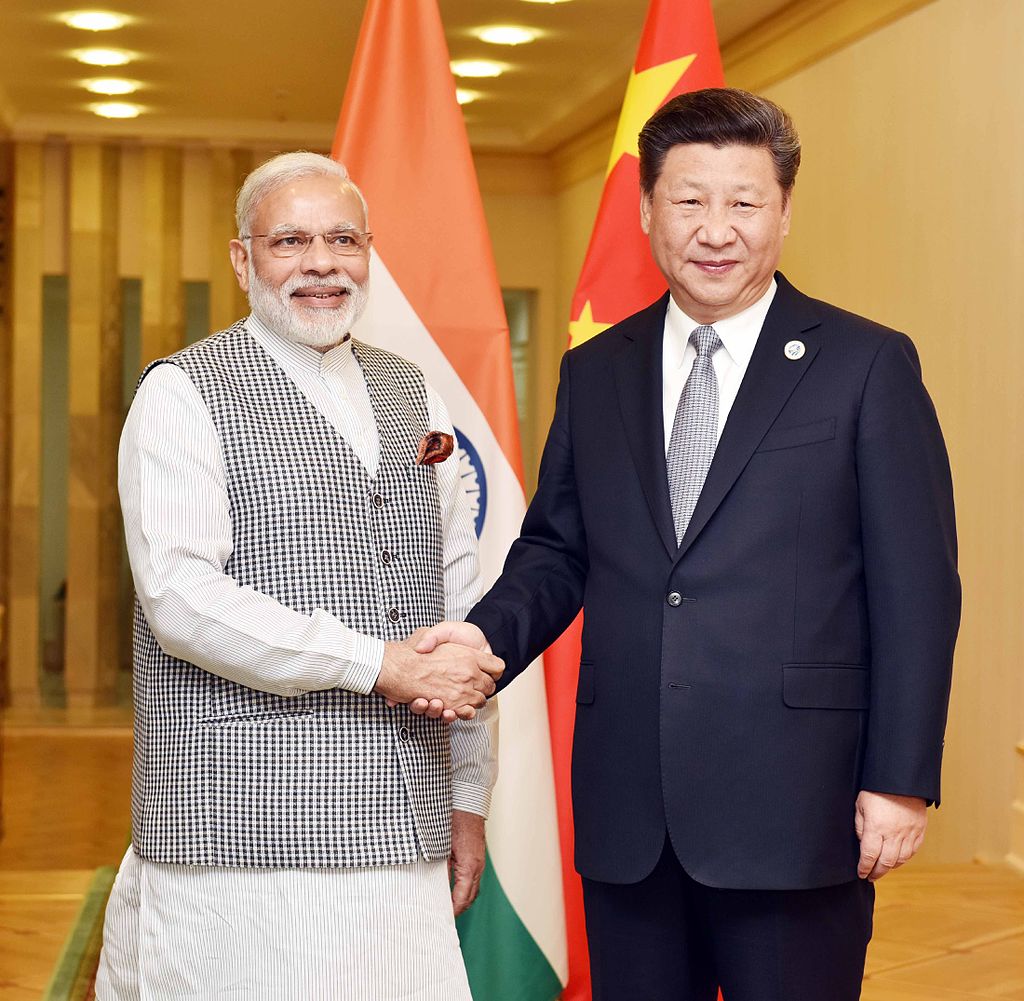
Patrick Mendis, Visiting Professor of Global Affairs, National Chengchi University
May 15, 2018
The “informal summit” between Chinese President Xi Jinping and Indian Prime Minister Narendra Modi at the end of April will likely be extremely consequential. The “Chindian reset” could well be a new beginning that allows the most dynamic region in the world to claim a “pacific” new Asian Century.

Zach Montague, News Assistant, New York Times
May 15, 2018
At its core, the current flare up in U.S.-China trade relations is only the latest episode in a long-running rivalry between the two sides in science and technology. Washington should take the present climate as an opportunity to engage China in a constructive way and look inward for ways to shore up its own tech sector.
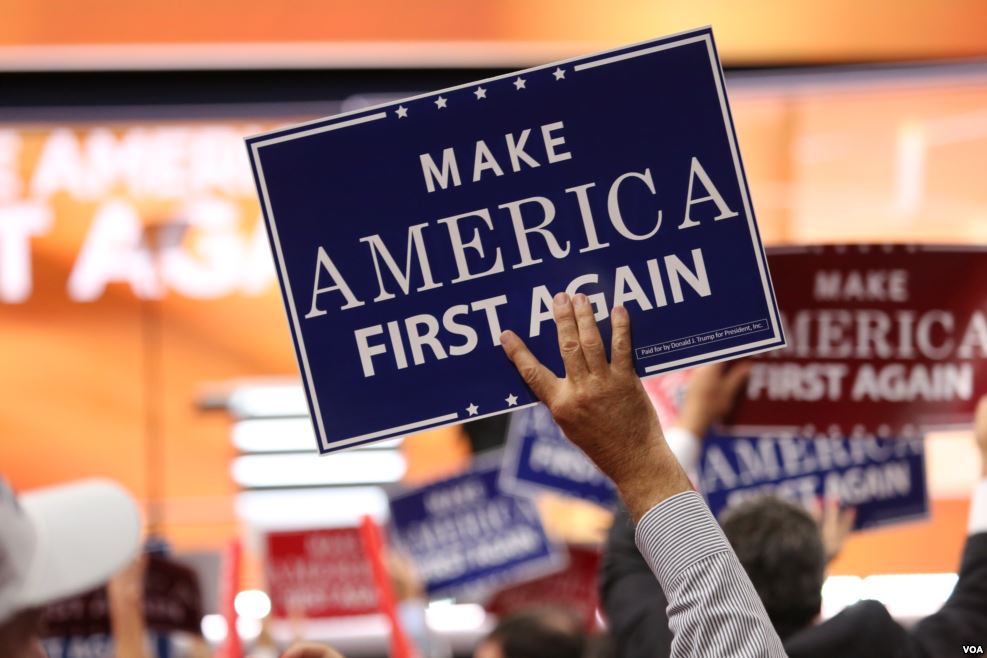
Kent Harrington, Former senior CIA analyst, National Intelligence Officer for East Asia
May 15, 2018
What a friend China has in Trump.
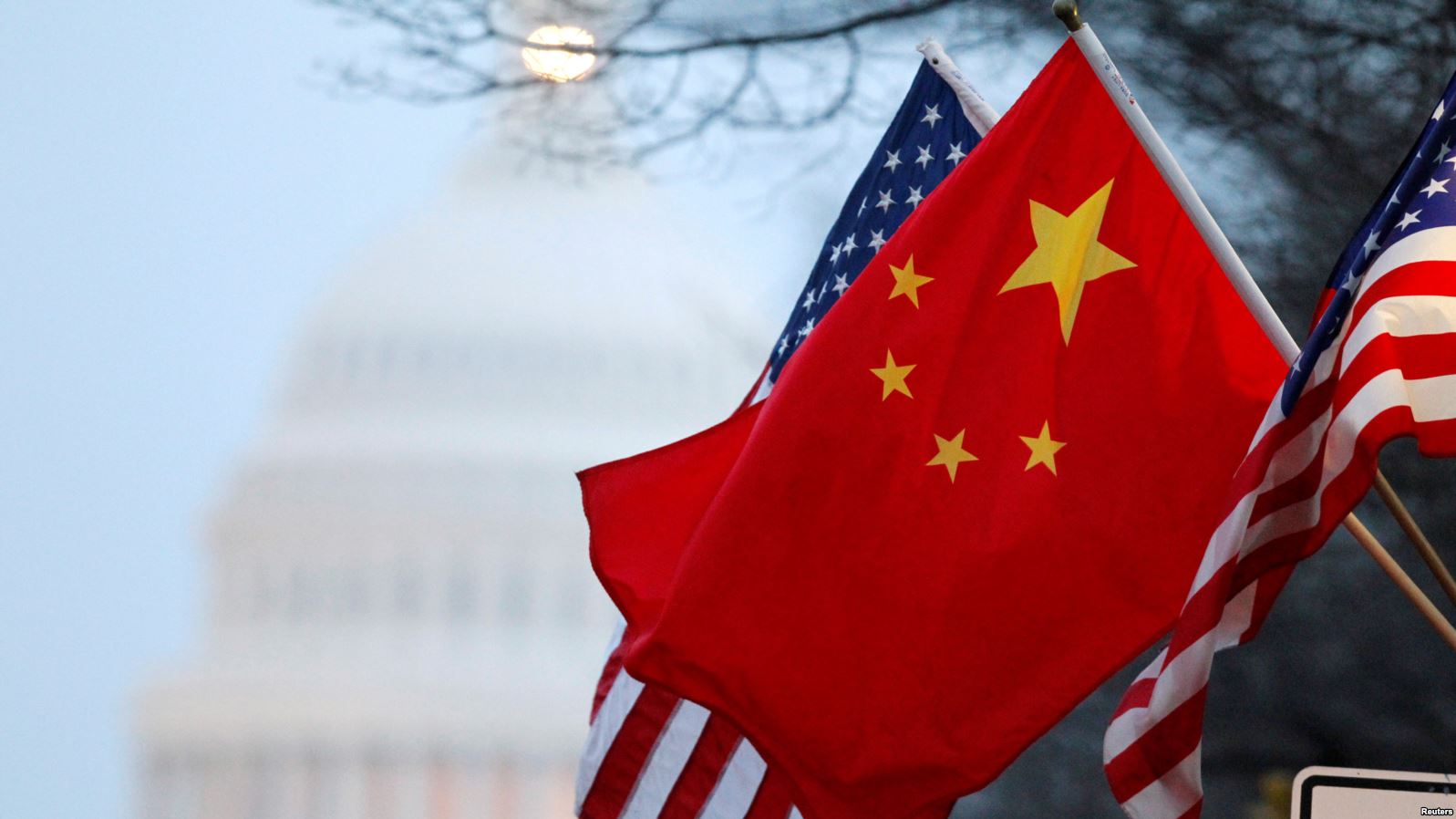
Li Ruogu, Vice President,China Foundation for Peace and Development
May 15, 2018
The US should stop resorting to unilaterialism and protectionism on trade issues. In this way the economic cooperation between China, the United States, and other countries can be further consolidated and developed.
May 14, 2018
Chinese dogs and cats will have to wait a little longer to eat, as American goods meant for export in China, including pet food, are facing unusual delays at Chinese ports.

Amy Zhao, M.A. Student, NYU Washington Square
May 14, 2018
Overturning the trade deficit is only an excuse: what Trump and his administration are aiming to achieve is to terminate the progress of the “Made in China 2025” initiative and eventually, to delay the development of China’s high-tech industries.
Back to Top

- China-US Focus builds trust and understanding between the U.S. and China through open dialogue among thought leaders.
- Our Offerings
- Topics
- Videos
- Podcasts
- Columnists
- Research Reports
- Focus Digest
- Stay Connected
-
Thanks for signing up!
- Get the latest stories from China-US Focus weekly.